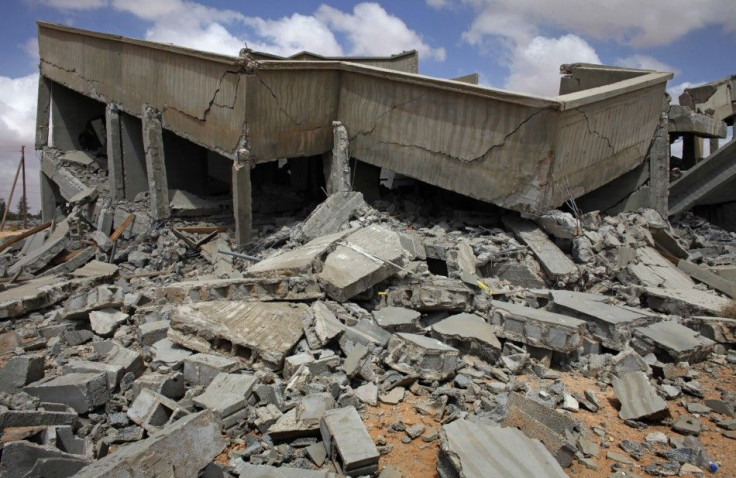NATO Must Compensate Libyan Civilian Victims' Families: Human Rights Watch

A Human Rights Watch report released on Monday claims NATO failed to investigate the deaths of a number of noncombatants killed in airstrikes during last year's Libyan revolution.
The organization accused NATO of killing at least 72 civilians over eight bombing runs, including 24 children and 20 women. HRW also demanded that the alliance investigate the deaths and compensate victims' families.
“NATO took important steps to minimize civilian casualties during the Libya campaign, but information and investigations are needed to explain why 72 civilians died,” said Fred Abrahams, special adviser at HRW and principal author of the report, in a statement.
“Attacks are allowed only on military targets, and serious questions remain in some incidents about what exactly NATO forces were striking.”
NATO defended its mission, saying that while it did everything possible to minimize risks to civilians ... in a complex military campaign, that risk can never be zero.
We deeply regret any instance of civilian casualties for which NATO may have been responsible, NATO spokeswoman Oana Lungescu said in a statement, adding that the alliance had conducted itself in Libya with unprecedented care and precision and to a standard exceeding that required by international humanitarian law.
The statement, however, is likely not going to appease HRW, which is not concerned with any lack of care on NATO's part during the operation, but rather with its actions afterward. Abrahams said in the report that NATO's refusal to examine the dozens of civilian deaths undermines its actions during the revolution and is an alarming indication of what might happen during future military missions.
NATO claims that all the buildings that were bombed were legitimate military targets, selected in a manner consistent with the U.N. mandate, according to Reuters.
NATO conducted 9,658 airstrikes during its seven month mission in Libya, destroying around 6,000 military targets. The campaign officially ended on Oct. 31, 2011, just after the death of former Libyan dictator Moammar Gadhafi.
The number of civilian deaths from NATO airstrikes in Libya was low given the extent of the bombing and duration of the campaign, HRW said in a briefing.
Nevertheless, the absence of a clear military target at seven of the eight sites Human Rights Watch visited raises concerns of possible laws-of-war violations that should be investigated.
© Copyright IBTimes 2024. All rights reserved.




















